Current Fellows
Janelle Siliezar-Doyle, Ph.D.
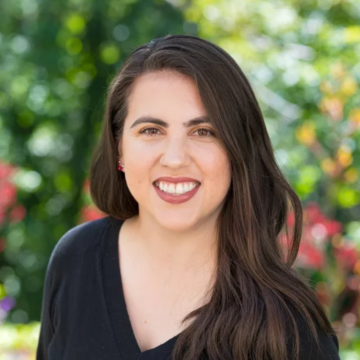
Postdoctoral Researcher
Department of Chemical Physiology & Biochemistry
Dr. Janelle Siliezar-Doyle (she/her) is a postdoctoral researcher in Dr. Rose Hill’s lab in the Department of Chemical Physiology and Biochemistry. She currently studies brain-body interactions and is specifically looking at sensory neuron regulation of kidney physiology. Prior to OHSU, she received her PhD from Stanford University where she used cellular, molecular, and behavioral neuroscience techniques to study the role of spinal cord glia in chronic pain development. Before that, she was an undergraduate researcher in comparative animal physiology at California State University, San Bernardino studying alligator locomotion. Janelle loves all things physiology, pain biology, and sensory neurobiology, so she is excited to be here at OHSU merging many of these concepts. Her long-term goal is to lead a lab of her own at an undergraduate university where she can pursue both teaching and research. Outside of science and work, Janelle enjoys reading and exploring Portland playgrounds with her toddler.
Natanya Villegas, Ph.D.
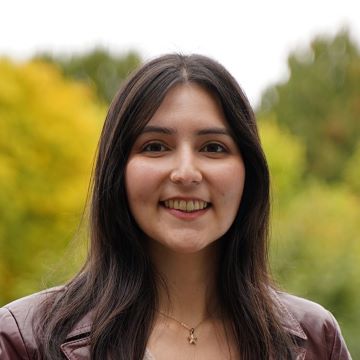
Postdoctoral Researcher
Department of Molecular and Medical Genetics
Dr. Natanya Villegas (she/her) is a molecular and synthetic biologist and a budding geneticist and neuroscientist. She earned her BS in Microbiology from San Jose State University, where she was a Maximizing Access to Research Careers (MARC) scholar. During that time, she co-authored a publication on glutamate signaling in muscle spindle afferents. After a summer research experience in the Stanford Summer Research Program, she joined the University of Oregon’s Institute of Molecular Biology and completed her PhD at the Phil and Penny Knight Campus for Accelerating Scientific Impact. Her doctoral work focused on increasing the length and scale of synthetic gene libraries for multiplexed assays of variant effects and protein engineering. This effort culminated in the development of Barcoded Assisted Retrieval CRISPR Activated Targeting (BAR-CAT), a patented in vitro CRISPR-Cas9 method that enriches perfect synthetic genes for bioengineering and genomics applications. Motivated to investigate biology at scale, Dr. Villegas joined the O’Roak Lab at OHSU. She will study thousands of FOXP1 variants in human cells to clarify sequence-function relationships and support the reclassification of variants of unknown significance associated with FOXP1 syndrome. Her long-term goal is to lead interdisciplinary research programs in academia or the biotechnology industry that integrate synthetic biology and human genetics to advance translational innovation.
Jumes Leopoldino Oliveira Lira, Ph.D.
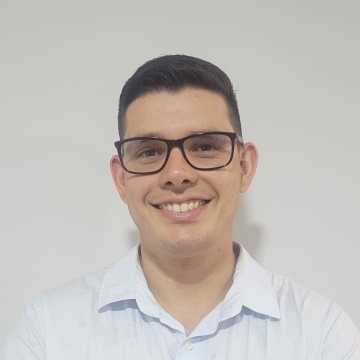
Postdoctoral Researcher
Department of Neurology
Jumes Leopoldino Oliveira Lira holds a Master's and PhD from the University of São Paulo in Movement Sciences. His doctoral research aimed to verify the effects of aerobic exercise with and without the addition of cognitive tasks on the automaticity of walking, prefrontal cortex activity, and executive functions in people with Parkinson's disease (PD). Currently under the supervision of Dr. Martina Mancini, Jumes is a postdoctoral fellow in the Department of Neurology.
Jumes will characterize the time course of cortical activity (PFC, SMA, and M1 activity) during walking and how it affects the gait performance of people with PD. In addition, he will determine the effects of levodopa on the time course of cortical activity and gait performance in this population.
Jumes enjoys spending time with his family, playing guitar, and engaging in physical exercise in his free time.
Community fellows
Several postdoctoral fellows have completed their first year at OHSU with funding through OFDIR and have remained at OHSU to finish their postdoctoral work and stay involved in OFDIR programming. Learn more about their research and stories below.
Saul Bello Rojas, Ph.D.
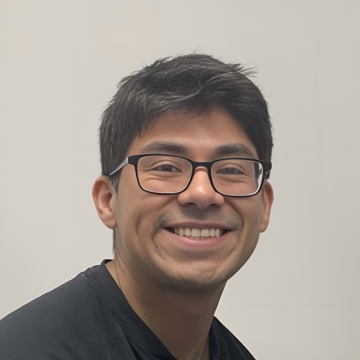
Postdoctoral Researcher
Vollum Institute
Saul Bello Rojas, Ph.D. is a postdoctoral researcher in Dr. Kelly Monk's Lab in the Vollum Institute. Saul received his BA in neuroscience from Lake Forest College. He worked at Northwestern University under David McLean, mapping motor neuron innervation in zebrafish. He completed his Ph.D. in Neuroscience in 2024 at the Washington University School of Medicine in St. Louis. His graduate research focused on studying the developmental and connectivity patterns of the larval zebrafish spinal cord, specifically the role of clonal relationships during development in defining spinal circuits. As a postdoc, Saul will continue to further advance his molecular repertoire by learning the genetic and cellular techniques utilized in the lab.
Hatun Duran Cete, MD
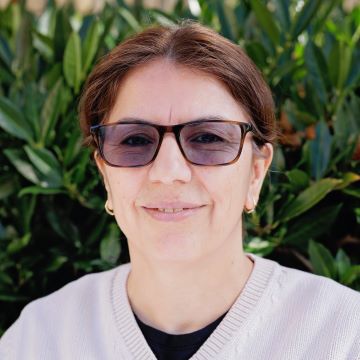
Postdoctoral Researcher
Department of Cell, Developmental and Cancer Biology, School of Medicine
Hatun Duran Cete is a postdoctoral researcher in Dr Pepper Schedin’s laboratory in the Department of Cell, Developmental and Cancer Biology, School of Medicine, and an IRACDA at OHSU scholar. She received her MD degree from Dicle University, School of Medicine in Diyarbakir, Turkey. She completed her pediatric surgery residency at the Pediatric Surgery Department of Dicle University, School of Medicine. In her postdoctoral work, Hatun will focus on studying the metastatic environment within the liver that facilitates breast cancer establishment in postpartum women. She will utilize mouse models of postpartum breast cancer to investigate the underlying mechanisms. Prior to her postdoc, Hatun has been studying the immune infiltrate of the postpartum liver, with the ultimate goal of identifying an immune-based therapy targeted to the liver metastatic niche.
Teketay Wassie Anley, Ph.D.
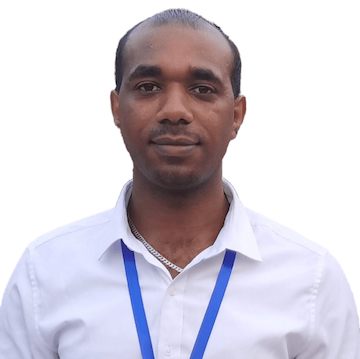
Postdoctoral Researcher
Department of Molecular Microbiology and Immunology
Teketay Wassie Anley is a postdoctoral researcher in Dr. Fikadu Tafesse’s laboratory in the Department of Molecular Microbiology and Immunology. He received his Ph.D. from Huazhong Agricultural University, Wuhan, China in genetics, breeding, and reproduction. His graduate research focused on developing a recombinant bivalent DNA vaccine that expresses a fusion peptide composed of the Orf virus envelope gene (B2L) and Kisspeptin-54 and evaluating its immunogenicity against ORFV and fertility. As a postdoc, Teketay will investigate how antibody-mediated immunity is elicited by vaccines and natural infections.
Carla da Silva Batista, Ph.D.
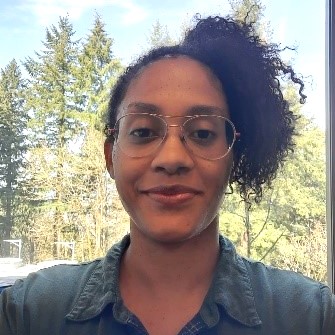
Postdoctoral Researcher
Department of Neurology
Carla da Silva Batista holds a Ph.D. and a Postdoctoral Fellowship from the University of São Paulo in Human Physiology with a background in exercise physiology and Parkinson’s disease. Carla's overall research goal is to slow down cognitive impairment and mobility dysfunction and prevent dementia in individuals with Parkinson’s disease by investigating the neurophysiology of cognition and mobility impairments and treating them with exercise interventions. As a Postdoctoral Researcher at the Balance Disorders Lab, Carla’s research will focus on using new rehabilitation strategies to improve neurophysiological mechanisms that can be predictors of disease progression. Under Dr. Mancini's mentorship, Carla will investigate new rehabilitation strategies to improve neurophysiological mechanisms that can be predictors of disease progression using objective measures of cognition and mobility.
Alexis Gibson, Ph.D.
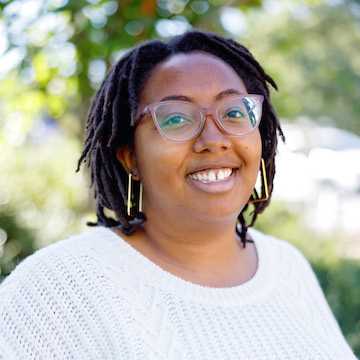
Postdoctoral Researcher
Department of Microbiology and Molecular Immunology
Alexis Gibson is a Howard Hughes Medical Institute Hanna Gray Fellow and postdoctoral scholar in the lab of Isabella Rauch in the Department of Microbiology and Molecular Immunology. She received her Ph.D. in Cell and Molecular Biology at the University of Pennsylvania. During her graduate work in the lab of Boris Striepen, Alexis studied the intestinal parasite Cryptosporidium and how its epithelial host cell responds to infection. Now at OHSU, she studies how the epithelial cells that line our intestines maintain an effective barrier even as cells die through a process known as cell extrusion. Gaining a greater understanding of extrusion will allow us to manipulate this process during inflammatory conditions such as bacterial infection and inflammatory bowel disease.
Mauricio Sousa, Ph.D.
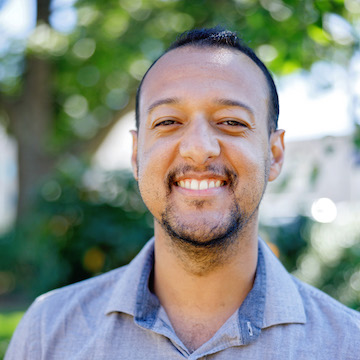
Postdoctoral Researcher
Department of Restorative Dentistry
Mauricio Gonçalves da Costa Sousa is a postdoctoral researcher in Dr. Luiz Bertassoni laboratory at the School of Dentistry. He received his BSE in dentistry (2014) at the Catholic University of Brasilia, a Master’s in health sciences (2017) at the University of Brasilia, and a Ph.D. in Genomic Sciences and Biotechnology at Catholic University of Brasilia. His graduate research focused on developing a new antibiofilm and immunomodulatory nanofibrous scaffold loaded with host defense peptides to regenerate the dental pulp tissue. As a postdoc, Mauricio will develop a smart bioprinted hydrogel loaded with host defense peptides and bone marrow stem cells to reconstruct the bone tissue.
Ernesto Manzo, Ph.D.
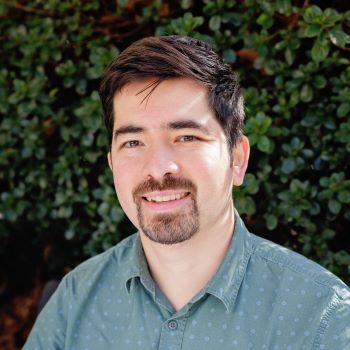
Postdoctoral Fellow
Vollum Institute
Ernesto Manzo is currently working in the laboratory of Dr. Marc Freeman, researching the cellular mechanisms that control axon degeneration. His research uses the fruit fly as a model organism to better understand how neurons either survive or degenerate in response to genetic insults. As an undergraduate at Swarthmore College, he became fascinated by how genetic alterations cause human disease. In 2010, he sought out an internship at the Clinic for Special Children, where he studied genetic diseases in the Amish and Mennonite Plain populations under Dr. Erik G. Puffenberger. He received his PhD in Molecular and Cellular Biology from the University of Arizona (2019) where he studied metabolic defects implicated in amyotrophic lateral sclerosis (ALS) in the laboratory of Dr. Daniela C. Zarnescu. Ernesto is a former HHMI predoctoral Gilliam Fellow with an interest in breaking down institutional barriers for traditionally underrepresented students in higher education.